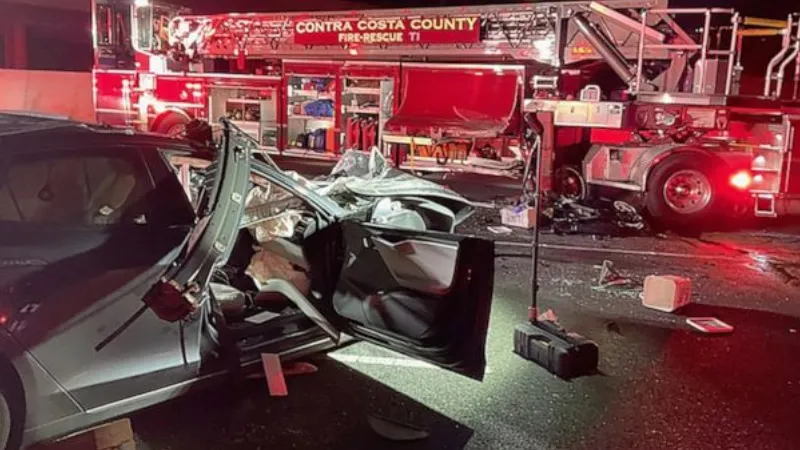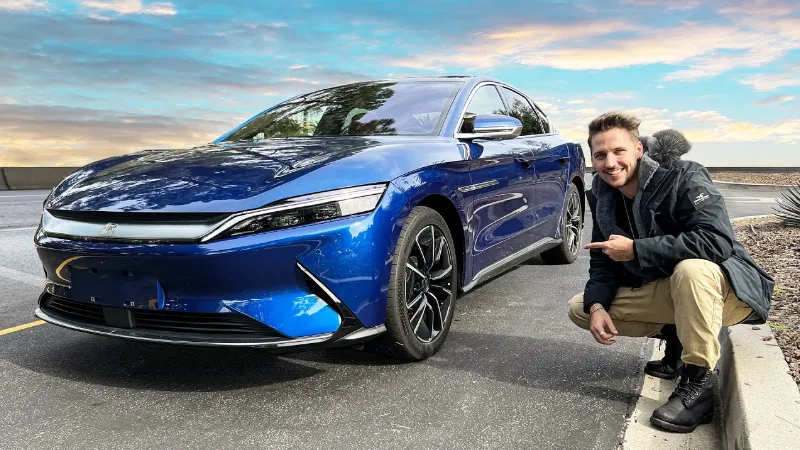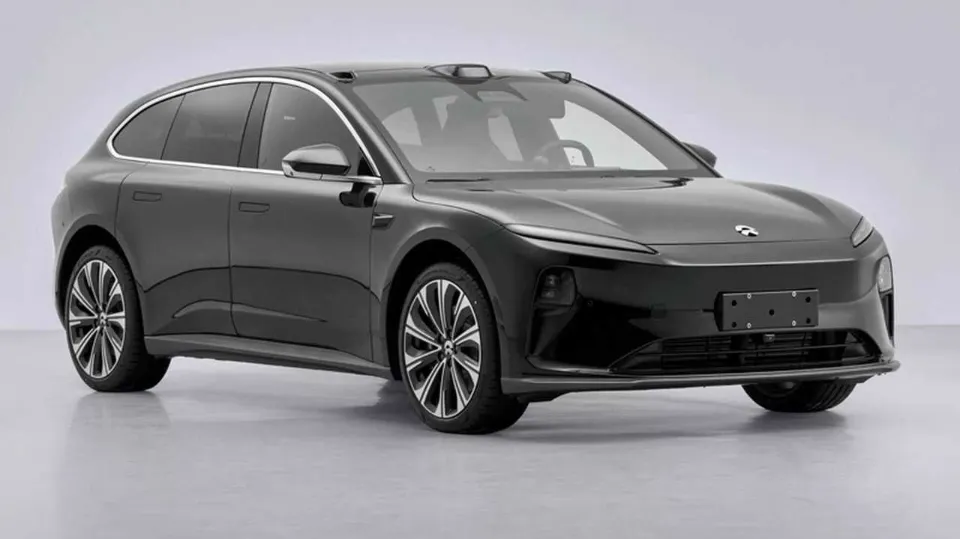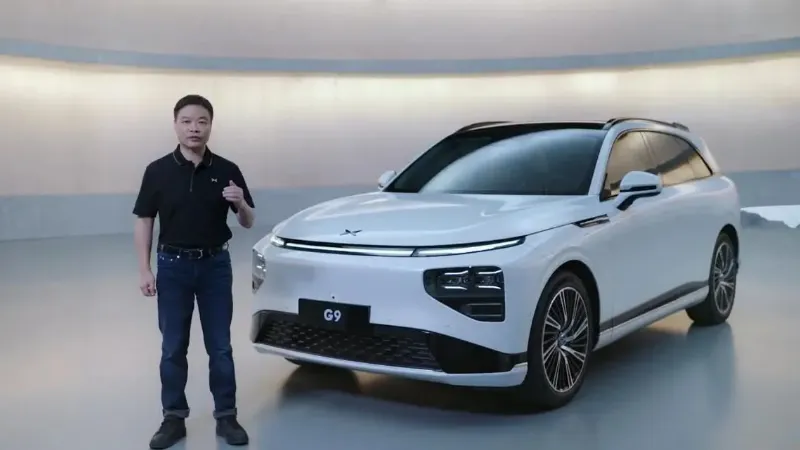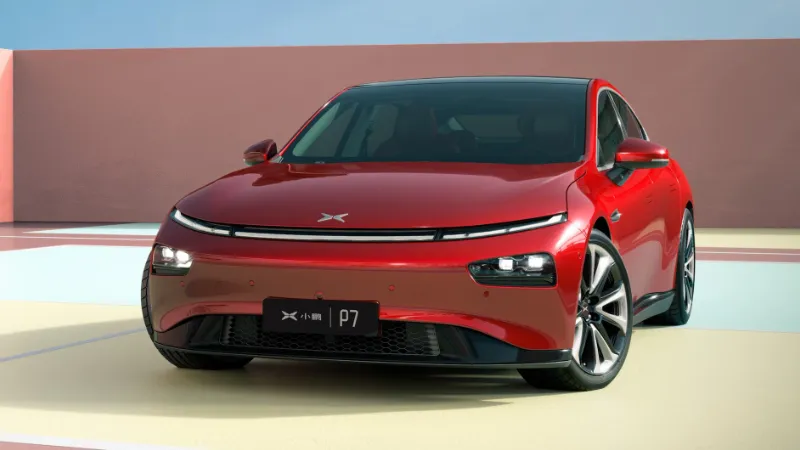- In order to ascertain the reason for a fatal collision that occurred in February 2023 involving a Tesla Model S and a firetruck, federal vehicle safety regulators have launched a special crash investigation.
- According to records from the California Highway Patrol and the Contra Costa County Fire Department, the Model S driver passed away, a passenger was seriously hurt, and four firefighters were taken to the hospital right away.
- The latest investigation is a component of a larger federal inquiry into the security of Tesla’s Autopilot systems and how well they operate around stationary first responder vehicles.
Federal vehicle safety regulators initiated a new, special crash investigation into a fatal collision that involved a Tesla CNBC has confirmed a collision between a Model S sedan and a firetruck in Walnut Creek, California, last month.
According to records obtained by CNBC from the Contra Costa County Fire Department and the California Highway Patrol, the driver of the Tesla died, one passenger was critically hurt, and four firefighters who were inside the firetruck were taken to a hospital after the collision.
The first to report on the National Highway Traffic Safety Administration’s special investigation was the Associated Press.
The CHP wrote in an statement following the fatal incident, “It is unclear if drug or alcohol influence is a factor in this crash. It was unable to be determined at the scene if the Tesla was being operated with any driver assistance or automation activated at the time of the crash.”
The collision is the subject of separate investigations by the NHTSA and CHP.
The CHP wrote in an statement following the fatal incident, “If drugs or alcohol were a factor in this crash, it is unclear. Whether the Tesla had any driver assistance or automation turned on at the time of the collision was unable to be ascertained at the scene.”
The CHP and NHTSA are both interested in learning whether the collision was caused by Tesla’s driver-assistance technologies, known in the US as Autopilot and Full Self-Driving options.
New Tesla cars only in the United States. come with a standard driver-assistance package called Customers can also purchase additional driver-assistance features as part of a premium package known as FSD, which stands for Full Self-Driving, from Tesla for an upfront cost of $15,000 or a monthly subscription fee of $199. FSD Beta is a way for Tesla customers to test out new features that haven’t been fully tested on public roads.
Tesla does not produce a driverless vehicle or system, despite their brand names. The company advises motorists to maintain their grip on the steering wheel and to be prepared to take over the steering or braking at any time.
The crash investigation is a component of a broad NHTSA investigation into Tesla’s driver-assistance systems and how they operate around first responder vehicles that are parked.
According to records on the agency’s website, NHTSA opened a “preliminary evaluation” of Tesla’s Autopilot systems on Aug. 13, 2021. “The investigation opening was motivated by an accumulation of crashes in which Tesla vehicles, operating with Autopilot engaged, struck stationary in-road or roadside first responder vehicles tending to pre-existing collision scenes,” it said.
At least 14 Teslas have reportedly used the Autopilot system when colliding with emergency vehicles, according to a NHTSA report.
NHTSA expanded the probe to an “engineering analysis” in spring of 2022, in order to determine if Tesla’s systems may “exacerbate human factors or behavioral safety risks by undermining the effectiveness of the driver’s supervision.”
In plain English, NHTSA is attempting to ascertain whether Tesla’s Autopilot, FSD, and other driver-assistance features cause drivers to become so distracted from the road that they would drive more safely without them.
Requests for comment from Tesla were not answered. Regarding ongoing inquiries, NHTSA makes no comments.
Source: www.cnbc.com

